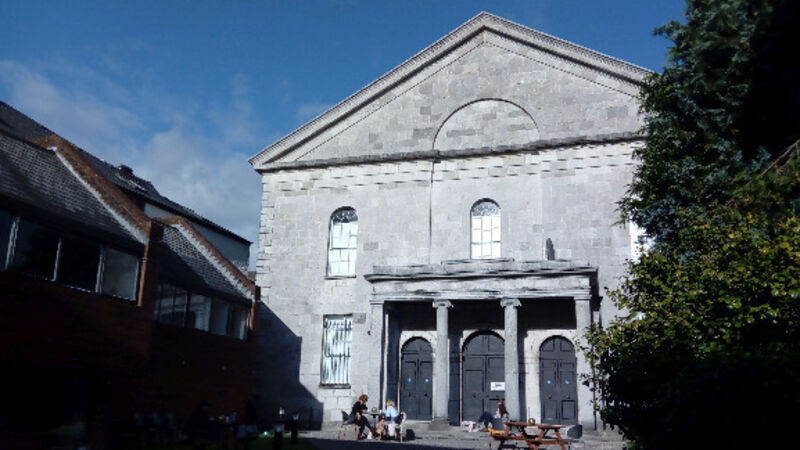Stairway to early music heaven

We tend to think of the worlds of classical and rock music as being divergent but, as John Potter explains, there is a lively intersection of activity in those seemingly disparate spheres of musical activity that might surprise you.











